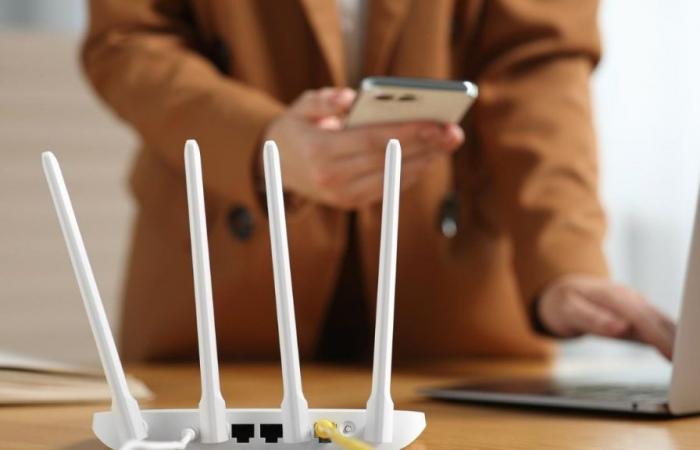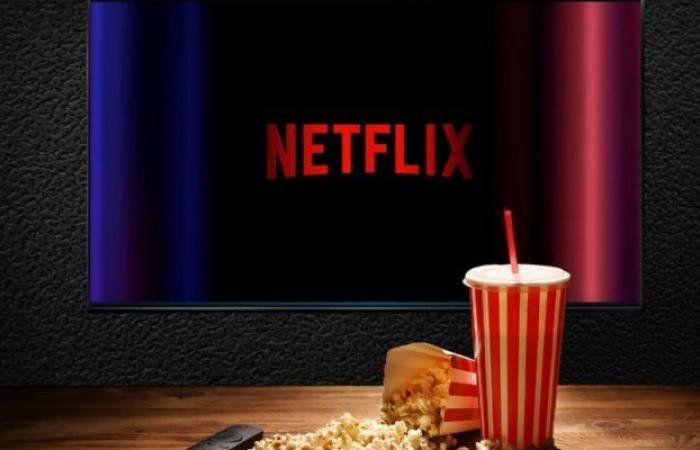67.5% of Argentine households took some palliative measure to reduce the cost of their Internet service fixed, while 65.3% of households did so in relation to the service of Pay TV.
These data emerge from the report CABASE Internet Index, which compiles indicators and data that show the state of the Internet in the country carried out by the Argentine Chamber of Internet.
With the economic crisis underway, many users are looking for mechanisms to avoid canceling their services. connectivity and home content by taking steps to reduce their cost, either through an agreement with their provider or by switching to a lower-priced provider.
“Faced with this exceptional situation, the sector’s suppliers, for the most part SMEs and cooperativesaccompanied their clients with proposals for discounts and special promotions, even when they themselves, as service providers, face conditions of the economic, tax and regulatory context that have a very negative impact on their results, their investment capacity and the sustainability of their operation. in the future,” he said. Ariel Graizer, President of the Argentine Internet Chamber –CABASE-.
Requests for permanent cancellation of services have remained at very low values, around 1.2% in the case of fixed telephony, 1.9% in fixed internet and 3% in mobile telephony and pay TV. At the opposite extreme, the downgrade option has been more significant in security services. streaming hired at home, reaching 10% of the users who indicated that they had requested the cancellation of their subscription.
Among the palliative measures taken regarding the fixed Internet service, 44% of users requested cancellation but obtained a discount, while 10.1% changed to a provider with a better price and the remaining 45.9% have not yet decided what action to take.
In the case of streaming services, which due to their commercial format does not allow room for price negotiation, it is the service with the lowest incidence of palliative measures (41.9%). When analyzing the details, it emerges that although 89.7% of users have not yet decided what measure to take, 10.3% indicated that they have chosen to change to a better cost service.
In the case of the mobile phone52.2% of users requested cancellation but obtained a discount and 17.8% changed companies for a better price.
A similar situation occurred with landline telephony, where 49% of users who took a palliative measure requested cancellation and in exchange received a special discount, and only 2.5% indicated that they had opted to change providers at a better price.
Meanwhile, 47.5% of pay TV users requested cancellation and received a discount, and 8.4% changed providers to obtain a better price.
Regarding this data, Graizer maintained that “the data clearly shows that in the face of the need posed by a context of budgetary restriction and lower income at home, companies have shown flexibility and empathy, seeking temporary alternatives so that customers can maintain services at home that are essential, as the passage of the pandemic has made evident, expressing the importance of connectivity at home as a key factor for the economy, work, education and also for entertainment.”
According to the survey, the average cost of fixed internet service nationwide is $20,035. Considering the average income per household, the cost of the service reaches around 4% of this income, a figure that not only shows a significant gap with respect to the objective proposed by the UN initiative, but also means a setback with respect to the previous measurement of the CABASE Internet Index, carried out in September of last year, in which the average cost of basic connectivity services was equivalent to 3% of household income.



